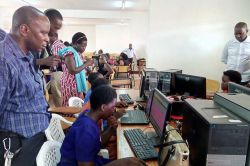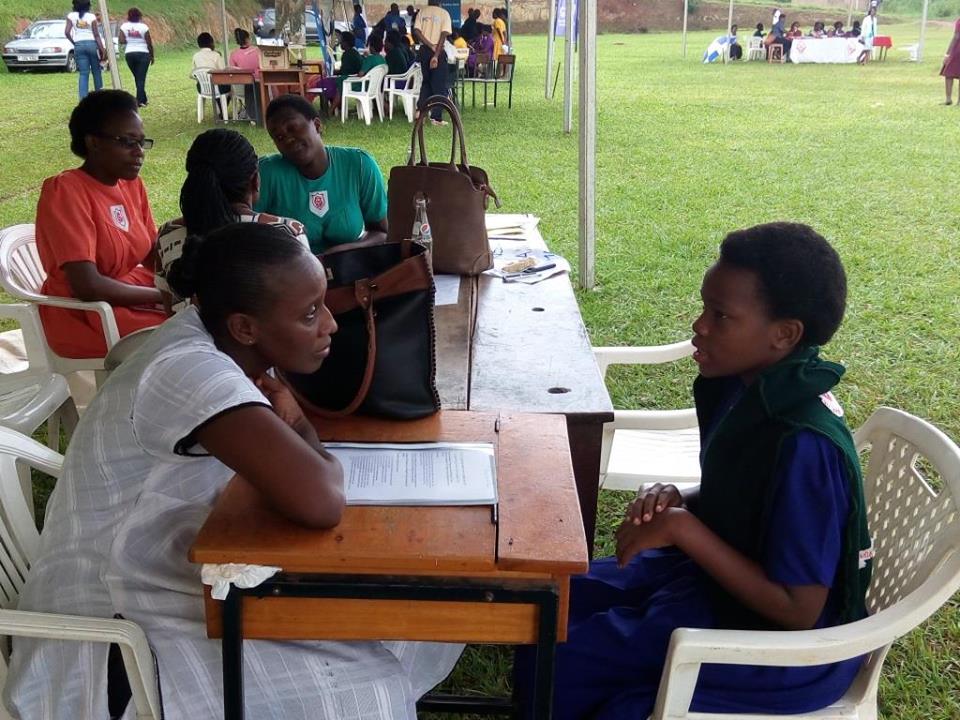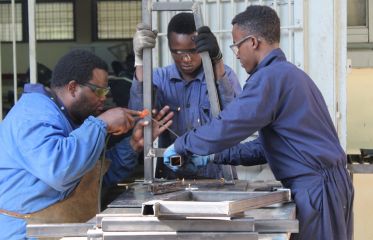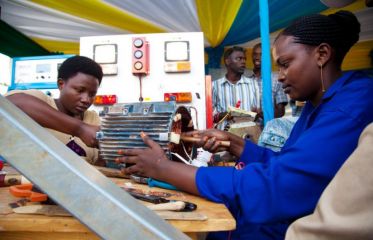Is it worth it?. I have met students who lose interest at the beginning or in the middle of the course and decide not to attend classes and at some point abandon the course.
I have been observing and reflecting on the quality of career guidance and counseling offered in Uganda. Career guidance is majorly offered in secondary schools and it is a seasonal activity where schools hold a career week or day and carry out one or more activities.


It should be noted that career guidance and counselling is not a secondary school activity/service. It is a lifetime needed service yet quite often the focus is on secondary schools.
Before thinking of offering the service to a wider spectrum of individuals of Uganda’s population, we need to answer the following questions. Is the form and content of career guidance/counselling offered in our schools relevant?
Do we have the right kind of people to offer career guidance in schools? Is career guidance and counselling done as a routine without reflecting on its impact? I have keen interest in career guidance and counselling. My research work at Masters level was in that field and I realize the form and content of this service requires “surgery”.
In Uganda the form in which career guidance is offered is where individuals are asked what subjects they do best and then the choice of a course at university or any high institution of learning dependent on the scores in particular subjects. Those who do not get good grades at O-Level or A-Levels are usually advised to take on vocational courses.
Choosing the course of study goes beyond scores in a subject's. It does not mean doing well in biology, physics and chemistry and therefore fit to be a doctor. You may be good in those subjects but do not find medicine meaningful to you.
In my study about the cause of career indecision among Senior Six students in Uganda, I found that the major reason why students were indecisive at S.6 is lack of career information.
In Uganda, the career guidance offered lacks comprehensive career related information and therefore young people choose courses without right information.
In my work at Makerere University, I have met students who lose interest at the beginning or middle of the course and decide not to attend classes and at some point abandon the course.
This is a big waste of money and time yet if we had quality career guidance and counselling that is helpful to people at different stages of studying such would be minimised. As a matter of urgency Uganda has to invest in boosting the quality of career guidance and counselling.
Today, we need to help young people individualise their career course. Career counselling should build courage, confidence and the power of a person.
Work should make one whole and fulfilled. It should fit in an individual’s life not life fitting into ones work because life is beyond work, and work is just a component of life.
It is high time technocrats, the government and other partners teamed up to boost career guidance and counselling in Uganda which is responsive to the current economic and employment challenges and that promotes wholeness and meaning to the employer and employee.
The writer is the President Uganda Counselling Association and head of Counselling and Guidance Makerere University.
nsubugahl@gmail.com
Source* http://www.monitor.co.ug/Magazines/Jobs-Career/-/689848/1290032/-/f4sbdwz/-/index.html































